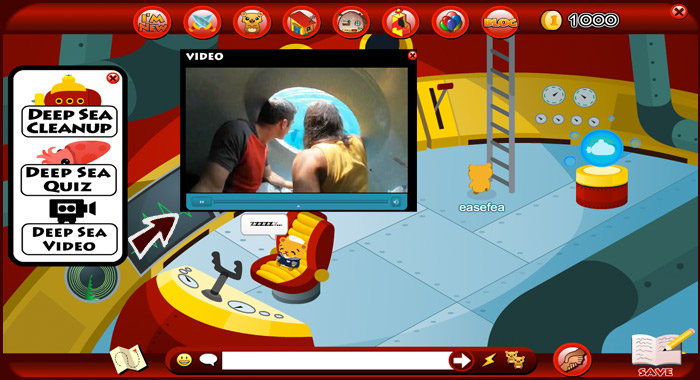The Gamification of Scientific Thinking
A study into how specific game design elements affects psychological need satisfaction
Gamification is simply the implementation of elements of game designs into real-world contexts, but not for purposes of gaming. The idea is to instill human motivation and performance regarding a specific obligation.

Motivation through gamification
Video games hosted in specific platforms like the Betway98 casino continue to increase in popularity among both the young and the old, to a point that they are unanimously seen as the future of entertainment. Indisputably, video games bring about high levels of motivation in terms of potential, consequently, making the use of their motivational power in real-world applications all the more reasonable.
Gamification is about using game design elements in non-gaming contexts. The reason behind it is to take the concept of building blocks of games, and implementing them into situations faced in real life, mainly to motivate specific behaviors in the gamified situation. Gamification has previously been implemented in a variety of works, for example; data collection, education, crowdsourcing, marketing, social networks, health, and environmental protection. The expectation in all these contexts is that gamification can successfully foster the continuation of behaviors directed by goals.
Psychological need satisfaction
Within the field of psychological need satisfaction, there are several perspectives that can be distinguished to a point that they all become relevant in the gamification context. These are;
- Behaviorist learning perspective
- Trait perspective
- Cognitive perspective
- Emotion perspective
- Self-determination perspective
- Interest perspective
All the above perspectives are, without a doubt impactful with regard to how gamification works, and it’s possible effects. With special attention to the self-determination perspective, we take a look at the possible effects of the game design elements. Our basis for selecting this perspective is due to the fact that it encompasses a wide array of motivational mechanisms which overlap with almost all other perspectives in one way or another.
Self-determination perspective has already been applied in games contexts like in Betway88 games, but that is not all there is about it. Much of it emphasizes on the significance of the environment in fostering the required motivation. What it does is that, it directly modifies the environment to cause the intended motivational user experience through enriching the environment with the use of game design elements.
There is need for autonomy, competence, as well as social relatedness within the self-determination perspective. The need for autonomy refers to the freedom of psychology and the power to make a free choice with the purpose of fulfilling a given task. The need for competence, on the other hand, refers to the feeling of acquired satisfaction through success and efficiency while interacting with the environment. Lastly, the need for social relatedness refers to the individual sense of belonging, care, and attachment while in a group of significant partners.
To sum it up, the three intrinsic needs are highly motivational resources that can be created through the modification of the environment. Therefore, the patterns of motivational behavior can be developed to a certain degree through addressing the need for autonomy, competence, and social relatedness. It is more or less the same effects of playing video games on different platforms such as Betway88 and other top sites.
































































































